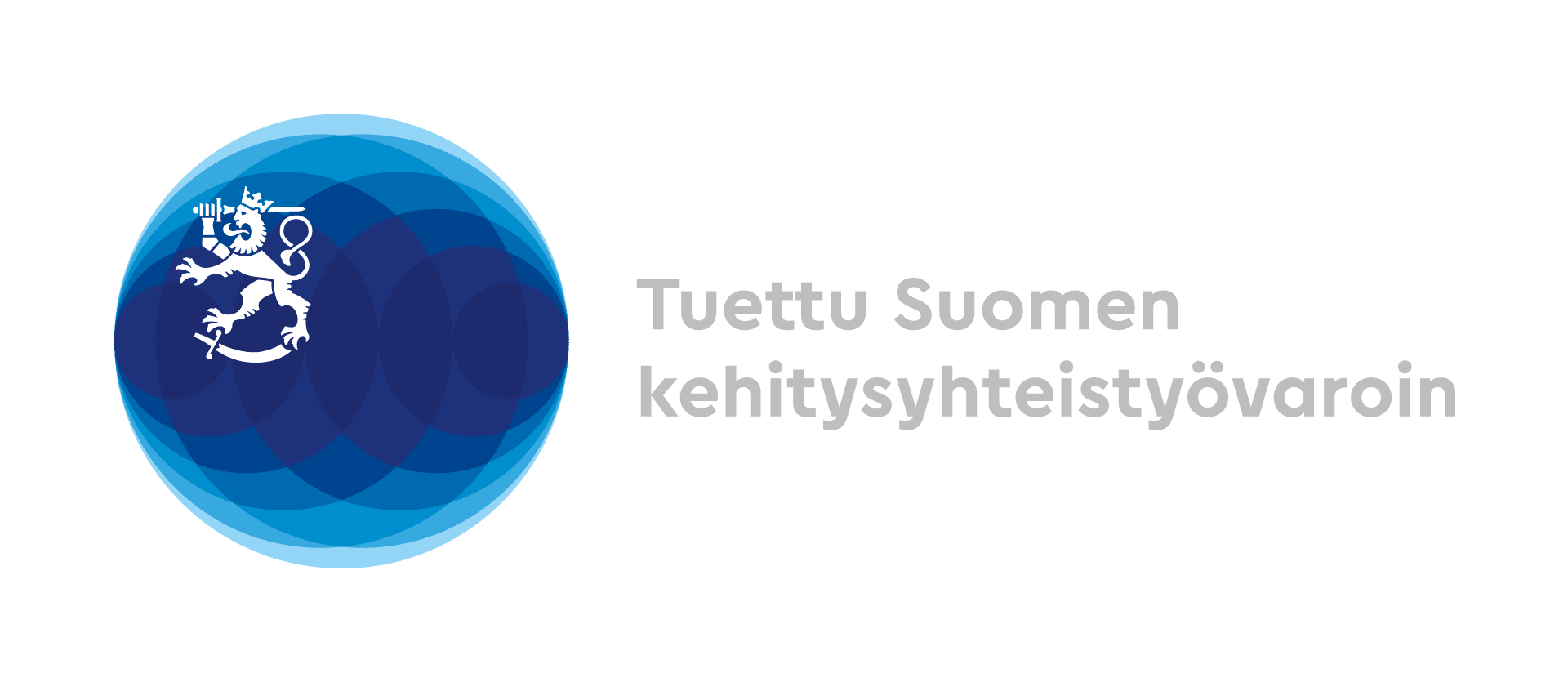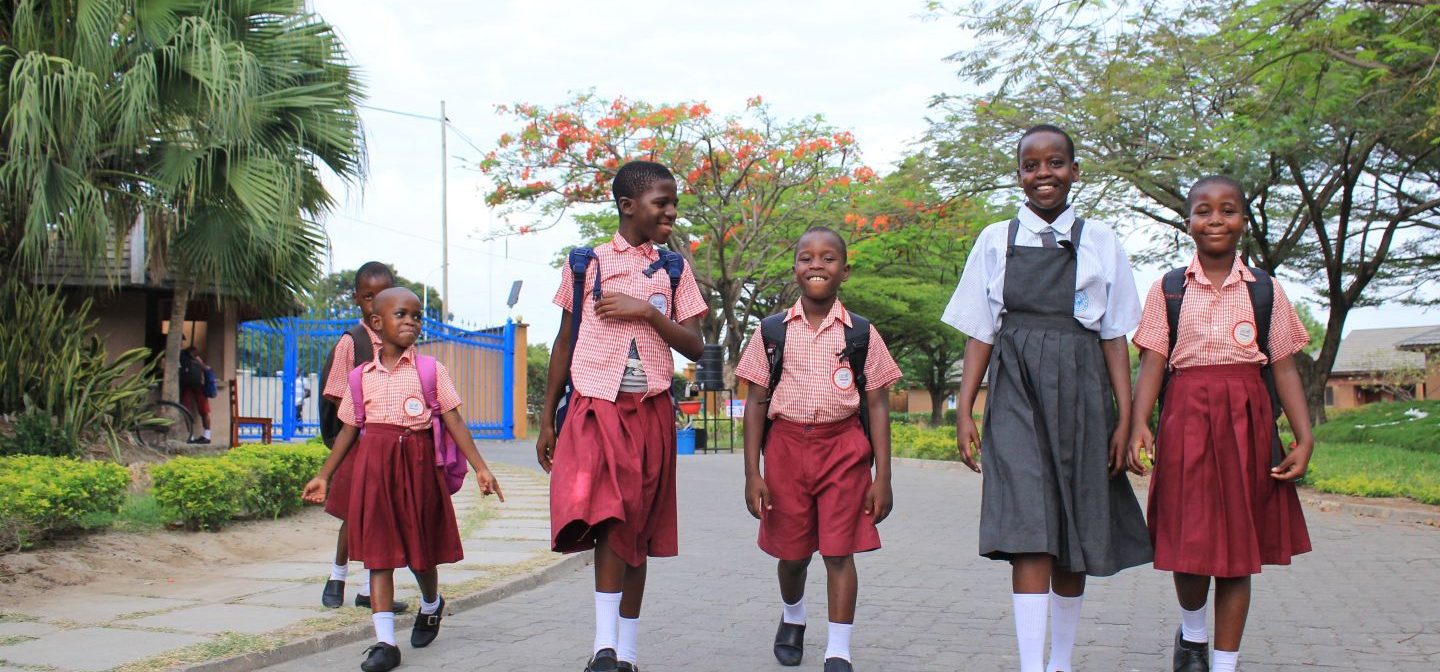
Located in East Africa, Tanzania is one of the fastest-growing economies in Africa. Despite this growth, the country faces significant challenges such as poverty, unemployment, the realization of women’s and girls’ rights, and limited access to education.
Tanzania actively promotes the rights of women and children. In 2021, legislation that had banned pregnant girls from returning to school was repealed. However, major challenges remain in its implementation. Many children and young people continue to face physical, emotional, and sexual violence, and girls’ rights are particularly under threat. Teenage pregnancies are common, often interrupting girls’ education and significantly limiting their future opportunities.
By improving access to quality sexual and reproductive health services, educating communities about the rights of women and children, enabling women’s education, and diversifying their livelihood opportunities, it is possible to address the root causes of teenage pregnancies and inequality.
SOS Children’s Villages Tanzania has been operating since 1987 and currently runs seven program locations across the country. The organization is an experienced implementer of development cooperation projects, with a particular focus on the rights of women and girls.
SOS Children’s Village Finland began working in 2017 to promote the rights and wellbeing of young girls and mothers in the Iringa region of Tanzania, in collaboration with SOS Children’s Villages Tanzania. Currently, SOS Children’s Village Finland is implementing a project supported by the Finnish Ministry for Foreign Affairs for the period 2025–2027, in continued partnership with SOS Children’s Villages Tanzania.
The project is funded by the Ministry for Foreign Affairs of Finland

In the Iringa region, teenage pregnancies are common — as many as 20% of girls have given birth between the ages of 15 to 19. Girls who become pregnant at a young age often drop out of school and face limited opportunities for earning a livelihood.
Our project, running from 2025 to 2027, aims to improve the wellbeing and rights of vulnerable girls, boys, and young mothers in Iringa. We address gender inequality, gender-based violence, poverty, and issues related to sexual and reproductive health and rights.
Through the project, we promote access to sexual and reproductive health services and information among youth and strengthen local systems to prevent gender-based violence. Special attention is given to ensuring that girls and women with disabilities have access to sexual and reproductive health services.
We also promote the wellbeing, skills, and life opportunities of young people. Particular support is provided for the livelihoods and employment prospects of vulnerable young mothers.
The project also aims to influence community attitudes and practices by promoting the status of women and teenage mothers through advocacy, awareness campaigns, and capacity-building. We organize workshops, training sessions, and peer support activities.
The project is implemented in close cooperation with local partners, including local authorities, civil society organizations, service providers, and education and health officials, to ensure local ownership and the sustainability of results.
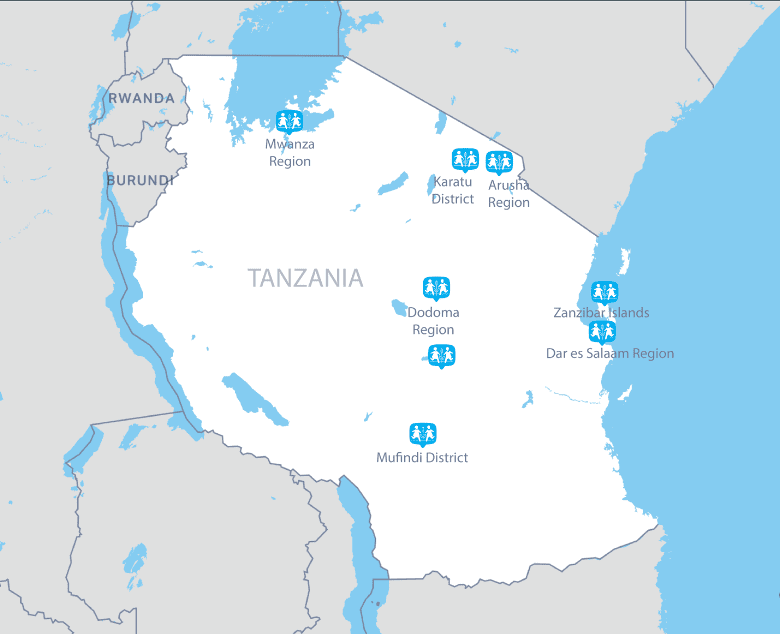
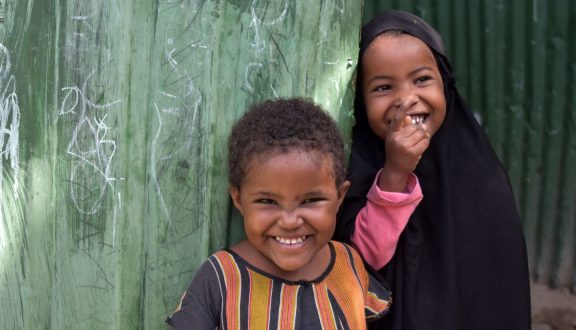
In Ethiopia, we aim to reduce poverty and improve the wellbeing of women and children in particular, while promoting gender equality. We support caregivers in strengthening their livelihoods and parenting skills, improve school infrastructure, and promote child-friendly and inclusive teaching methods. The projects are funded by the Finnish Ministry for Foreign Affairs.
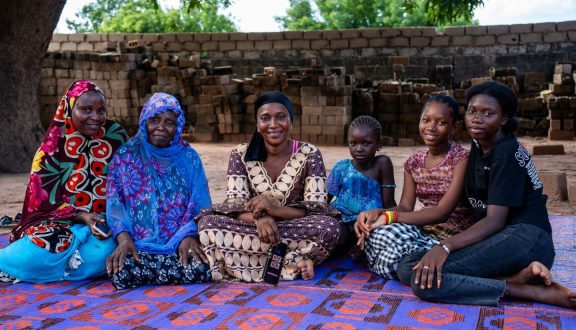
In the Gambia we promote the rights of the most vulnerable women and young people to advance gender equality and sustainable livelihoods. We support youth education and employment opportunities through vocational training, career guidance, and internships. The project is funded by the Finnish Ministry for Foreign Affairs.
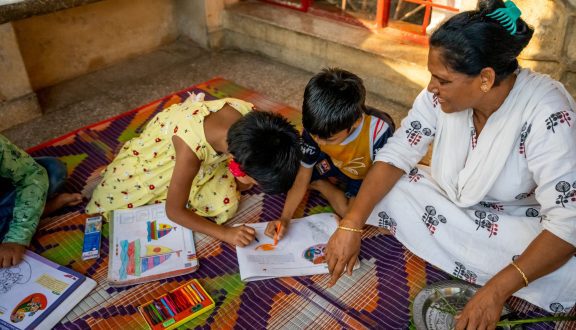
In India, we promote children’s access to education. We support families in acquiring learning materials to ensure that no child is left out of school due to a lack of school supplies. We also strengthen parents’ knowledge and skills so they can better support their children’s education. The project is implemented through corporate partnership.
